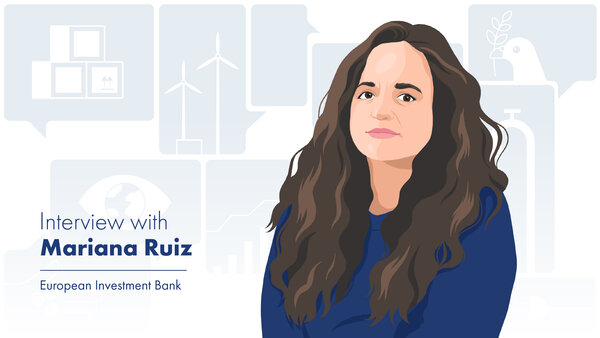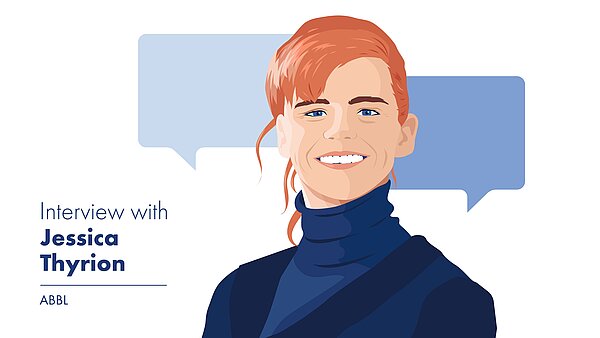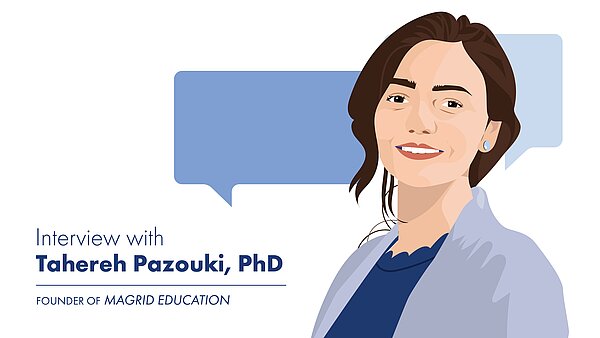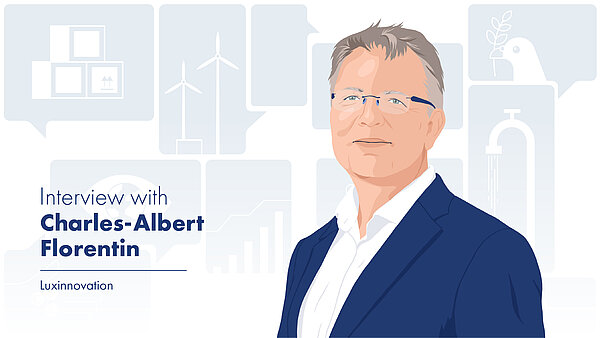
In this interview, Mariana Ruiz, Senior Social Development specialist at the European Investment Bank, tells us how banks can promote social justice by integrating human rights considerations into their lending practices and investment decisions. Do not miss Mariana’s five useful tips to make informed choices that align with your human rights principles.











![[Translate to English:] [Translate to English:]](/fileadmin/_processed_/9/d/csm_328__EXP__Andrea_Maramotti__Immotop_163f2ecbe1.jpg)
![[Translate to English:] [Translate to English:]](/fileadmin/_processed_/7/5/csm_368_EXP_Alternatives_epargne_Pro_c96f107bd8.jpg)
![[Translate to English:] [Translate to English:]](/fileadmin/_processed_/6/a/csm_28__Portrait__Claude_Hirtzig_Interview_c047cd5d6f.jpg)
![[Translate to English:] [Translate to English:]](/fileadmin/_processed_/f/0/csm_391_RSE_Falk_Fernbach_308f17aa1d.jpg)
![[Translate to English:] [Translate to English:]](/fileadmin/_processed_/5/4/csm_390_RSE_Johansson_Peters_4412aa2c2a.jpg)
![[Translate to English:] [Translate to English:]](/fileadmin/_processed_/0/b/csm_387_EXP_Francis_Kaell_Marie_Astrid_Cauquy_a91099afe4.jpg)
![[Translate to English:] [Translate to English:]](/fileadmin/_processed_/6/7/csm_180__Portrait__Ekkehart_Schmidt_Interview_429e9ad3f8.jpg)
![[Translate to English:] [Translate to English:]](/fileadmin/_processed_/7/5/csm_377_EXP_Dr._Mara_Harvey_f690e2d6b2.jpg)
![[Translate to English:] [Translate to English:]](/fileadmin/_processed_/3/9/csm_383_RSE_Dr._Gaston_Trauffler_89640b105d.jpg)
![[Translate to English:] [Translate to English:]](/fileadmin/_processed_/d/0/csm_382_EXP_Romain_van_den_louw-Marie_Astrid_Cauquy_4249d5d4a6.jpg)